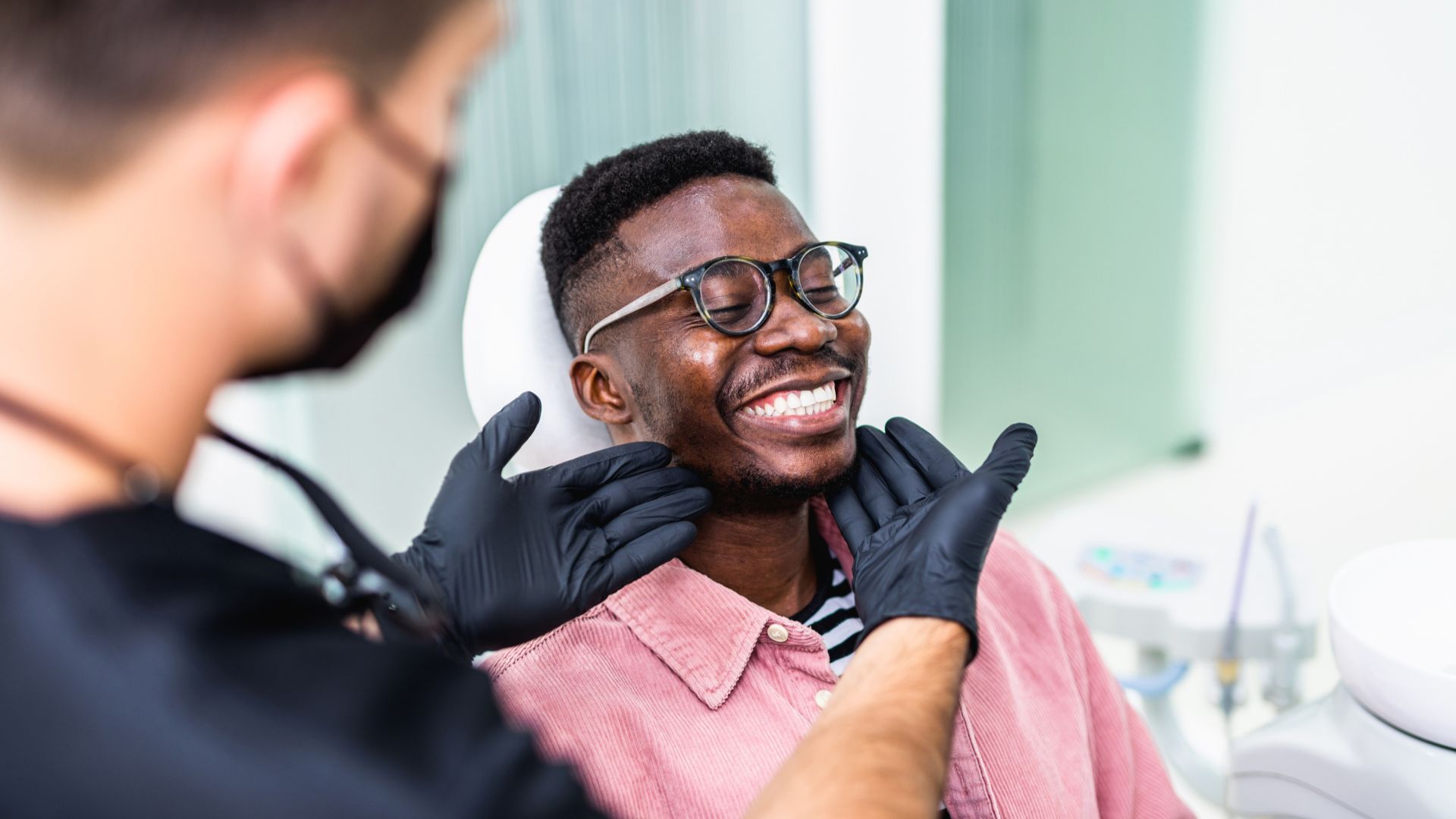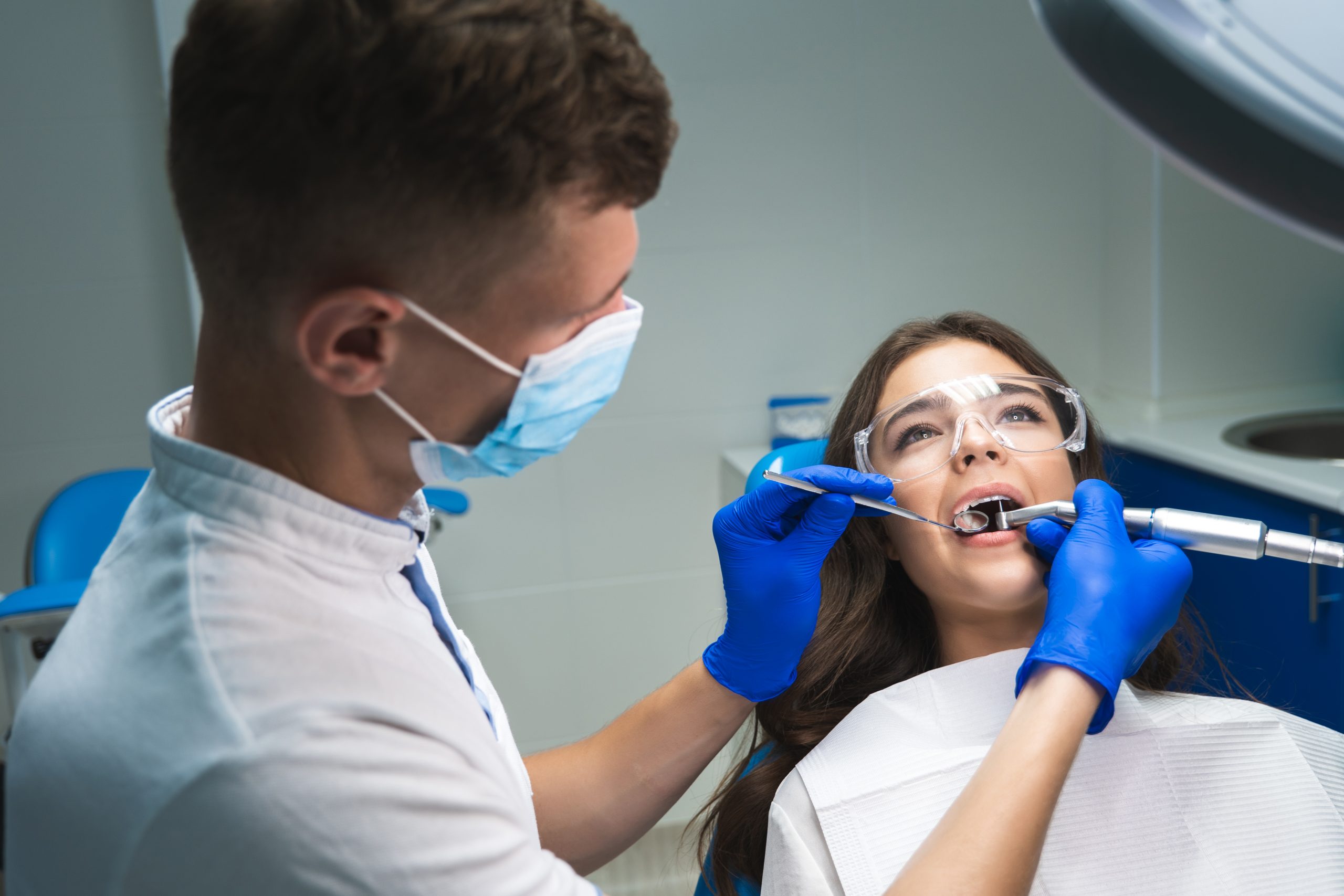Are you feeling drained, irritable, or foggy, even after a full night’s sleep? If you or your partner has noticed loud snoring or disrupted sleep, you may be dealing with obstructive sleep apnea.
Understanding the signs of sleep apnea and its relation to snoring is the first step in seeking proper treatment. Below, our dental team breaks down the difference between snoring and sleep apnea, as well as how we can help
Snoring Isn't Always Harmless
Occasional snoring from allergies or a cold is normal. But persistent, heavy snoring is a red flag, especially if it’s paired with restlessness, gasping, or choking during the night.
Sleep apnea interrupts your breathing and your sleep cycle. The result is poor rest and decreased oxygen flow. It also increases the risk for serious conditions like high blood pressure, heart disease, and memory problems.
Sleep Apnea Risk Factors to Watch For
Sleep apnea can affect anyone, but you’re more likely to develop it if you:
- Are overweight
- Have a narrow airway or enlarged tonsils
- Sleep on your back
- Use alcohol or sedatives at night
Sleep Apnea Treatment in Indianapolis, Carmel, and Danville
While CPAP machines are a well-known solution, many people find them hard to use. That’s where dental sleep appliances can help immensely. These custom mouthguards adjust your jaw to keep the airway open, offering a quieter, more restful night.
If you’re snoring and always tired, don’t brush it off. Our team at Cornerstone Family Dentistry can help you enjoy more restful sleep with custom dental appliances. We offer snoring and sleep apnea treatment in Indianapolis to help you protect your oral and overall health.
Contact us to schedule your sleep apnea screening and explore your options for better sleep at the dentist’s office in Indianapolis today.




